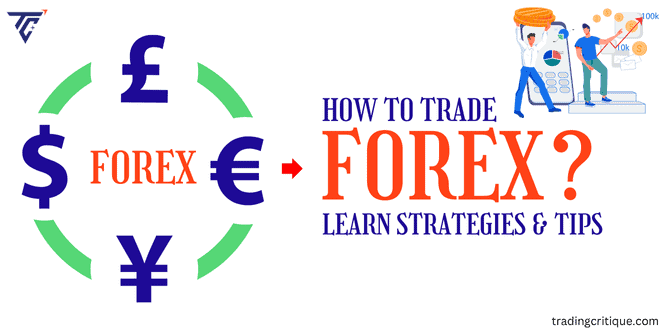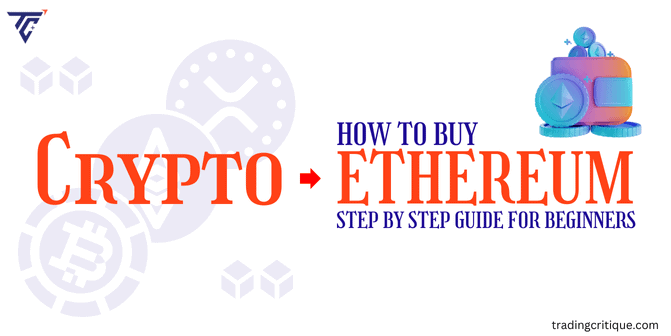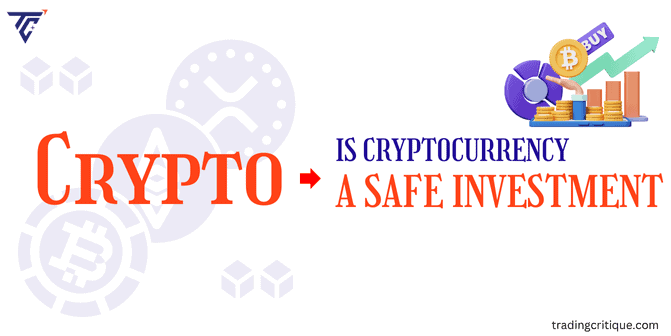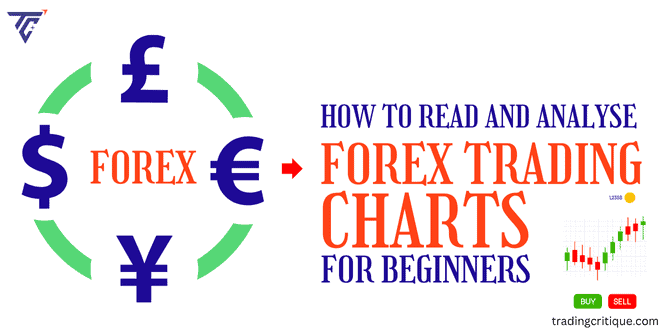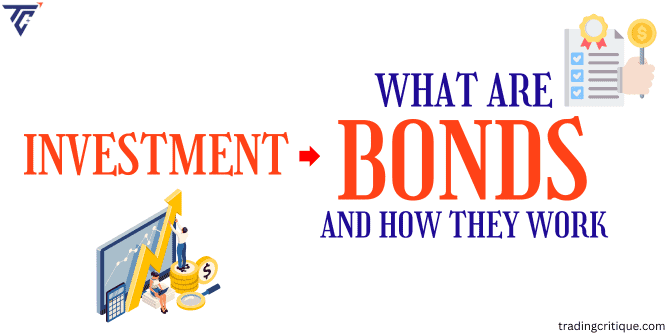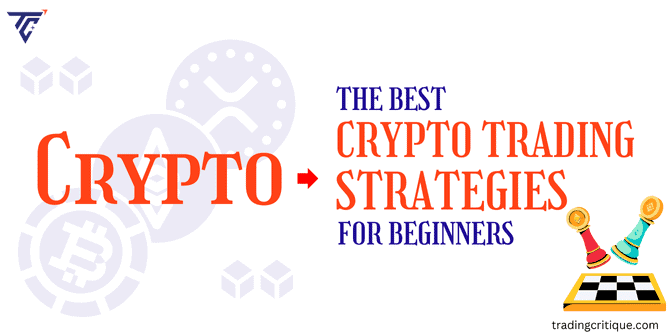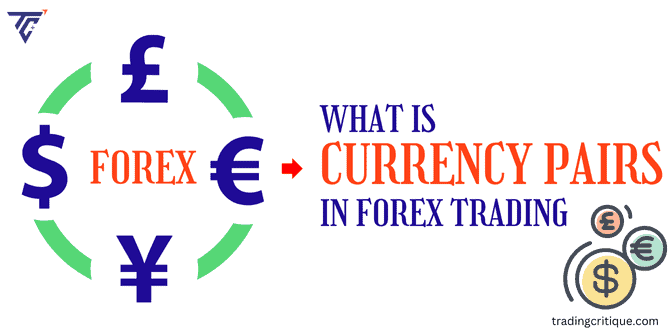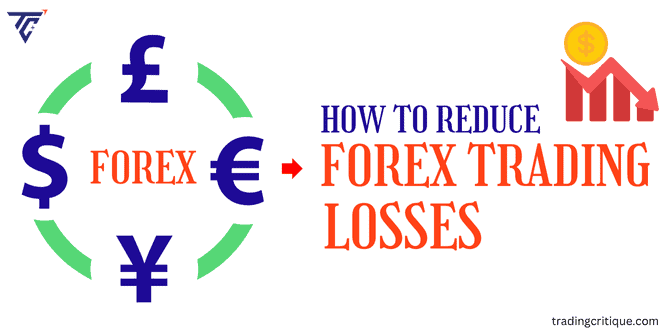Forex Scam: How to Identify? Tips to Protect from Scammers
Forex trading (foreign exchange trading) is the act of buying and selling currencies globally. In this guide, we will explain forex scams, how to spot a forex scam, and tips to avoid them.

Quick Insights
Be cautious when trading with unregulated brokers, fake testimonials, and pressure to deposit funds. These are all red flags of forex scams.
If you believe the broker has scammed you, contact your bank, halt further transactions, and report the scam to authorities.
To reduce the risk of scams, start trading with a small amount and avoid sharing personal information.
What is a forex trading scam?
A forex trading scam tricks investors into depositing money into a trading account with promises of guaranteed profits. The scammers convince investors to deposit large sums of money. They claim they will use the funds to generate profits. After the money is deposited into an account, the scammers will disappear.
Through forex scams, scammers use lots of advanced techniques to steal money. The six common methods of forex trading scams are given below.
- Signal seller fraud
- Managed forex account fraud
- Forex robot scams
- Forex scam brokers
- Forex pyramid scheme
- Forex Ponzi scheme
Signal seller fraud
- These are the companies that claim to offer advice on when to buy and sell currency pairings for a fee in the forex market.
- However, they take money from the investors without providing useful advice and they vanish after giving incomplete or misleading information.
- They offer promises to guarantee success and high profits.
Managed forex account fraud
- Scammers behave like experts by offering forex trading services and then they will steal your money.
- Before investing your money, always check with the FCA register to avoid being scammed, and research financial services, and trading platforms.
What are Forex robot scams?
- It automatically buys and sells currencies using a software algorithm.
- To make successful trades, some fraudsters sell untested software, so that investors can lose their money.
- To avoid this scam, do research before you invest your money.
What are Forex broker scams?
- Scammers create a similar website to trick investors into paying non-existent forex funds.
- To pretend to be a legitimate forex broker, they often use the same registration number and name as a forex broker.
- Before investing, check whether the broker is FCA registered.
Forex pyramid scheme
- This scheme targets members to become forex educators. They collect subscription fees from the members as charges and are encouraged by providing commissions to recruit even more members.
- The pyramid scheme focuses on recruitment to make money, not for forex trading. When there is no recruitment, scammers take the money and vanish.
Forex Ponzi scheme
- To give a good impression to the investors, they usually ask for small investments. They promise to generate high profits in a short time.
- Later, they are encouraged to add new members to generate funds. Finally, vanish once they earn enough money from these investors.
How to identify a forex scam?
Identifying a forex scammer is difficult, and scammers use different ways to cheat unsuspecting individuals. The spotting forex scammer is listed below.
Unregulated brokers
Before investing your money, investigate the regulation and licensing by a financial authority and verify its trading platform. If the broker is not properly regulated or licensed, it is considered a warning sign or a red flag.
Assurance of high profits
A legitimate forex broker or trusted forex broker should not guarantee a high profit to the investor. If the forex broker is giving assurance of high returns with no or little risk. It is considered a clear red flag.
Lack of clarity
Scammers do not provide any information like fees, commission, spread, and their operations. A trustworthy broker provides clarity about their fees, commissions, services, and trading conditions. If the broker is not transparent, it may be a red flag.
Force to deposit funds
Usually, scammers pressure you to deposit your funds as soon as possible. They will not give enough time to do proper research and create urgency. So, take your own time to do proper research before you deposit your funds. It is a major sign of the red flag.
Unsolicited calls
Legitimate brokers do not make unsolicited calls without the prior permission of the investors. Be cautious of unsolicited calls from companies or from individuals considered to be forex brokers. This is a major red flag.
Fake testimonials
Scammers may provide positive or fake testimonials to create credibility. Before investing, do research about their testimonials and reviews by checking multiple websites. Don’t trust their reviews of brokers easily.
Insufficient documentation and requests for personal information
Scammers do not provide proper documentation of the company, if the documents are missing or insufficient, that broker is not legitimate.
Be cautious if the broker is asked to share some personal details or forced to transfer funds to unverified accounts. Scammers may attempt to steal your identity through fraudulent schemes.
Ignoring to withdrawal of funds
Scammers are refused to return deposit funds, or it is difficult to withdraw their money for an investor. Research before you invest.
Unusual trading practices
Be careful of brokers or traders who have engaged in suspicious trading practices like large and quick trades without a clear explanation. Such activity may lead to fraudulent activities.
Social network advertising
In social media scammers often use fake images and videos to trick investors into investing money that leads to fraud.
To avoid forex scams, be cautious and follow these tips, you can significantly reduce your risk.
What can I do if I have been scammed?
What can I do if I get scammed? The following steps are needed to do when you have been scammed:
Contact your credit/debit card company or bank
If you suspect to be scammed, if you have made a payment via credit/debit card or bank transfer, contact your bank immediately. They may be able to help recover your funds. Report the scam to Action Fraud.
They can investigate and potentially recover your money and help to protect others.
Stop all transactions
Once you suspect you have been scammed by a forex broker, immediately stop the flow of money, and look for a reclaim process. This will help to stop you from losing more money.
Collect evidence of scam
After stopping trading with the broker, start collecting detailed information about broker scams like the broker’s website, e-mails, platform, and other interactions with the broker. This collected information will be helpful when reporting the scam.
File a police report
Filing a police complaint to build a case against the scammers and potentially help others from falling victim, it might too be difficult to recover your funds.
Seek professional advice
By reporting fraud and contacting a financial advisor or lawyer to get your money back.
Report to the authorities about scam
After identifying the scammers, it is compulsory to report the scam to the relevant authorities in your country. To begin this process effectively, you must submit all gathered information about the scam. It will be useful for other investors and to investigate fraudulent scammers.
How to report a forex scammer?
How to report a forex scammer? To report forex scams, complaints may be filed via email, or phone or contact the office directly.
- Phone: (202) 418-5506.
- E-mail: proceedings@cftc.gov
The Contact office address of CFTC is given below:
Commodity Futures Trading Commission,
Office of Proceedings,
1155 21st Street, N.W,
Washington, DC 20581.
Sharing your experience
If you are a victim of a scam, you can report the scam to scam-tracking websites to help raise awareness and protect others.
Additional tips to protect from scammers
- Use strong passwords and multi-factor verification to secure your trading account.
- Be cautious of free trials or bonuses and that makes you pressured deposit funds.
- Before investing in any forex broker, research their regulations, reputation, and fees.
- Start with a small investment to learn, before committing a large sum.
- Never share your personal financial information like social security number, bank account details, etc.
Is forex trading a scam or legit?
Is forex trading a scam? No, forex trading itself is not a scam, but there are some scammers associated with it. It is regulated by top-tier regulators such as the Commodity Futures Trading Commission (CFTC) to maintain strict regulations to protect investors and forex traders.
Conclusion
Don’t let the fear of scams deter you from exploring the possibilities of Forex trading. Forex trading can be a legitimate form of investment but beware of scams.
To avoid scams, look for a forex broker that is a well-established, regulated broker, has good online reviews, and is transparent in its fees and compliance policies.
Take control of your financial journey by prioritizing knowledge and responsible investing practices. Stay safe and informed in the world of forex trading!
Pro Tip
Ready to start trading forex safely? learn more about reputable forex brokers. Stay informed about CFDs, forex, stocks, and cryptocurrencies. Visit our website for a complete guide!
Frequently asked questions
1. Can forex traders be trusted?
Yes, forex traders can be trusted. But some scammers take advantage of unsuspecting investors. You need to check forex trader regulations, reputation, and transparency for evaluating trusted forex brokers.
2. Is Forex bot trading a scam?
Yes, forex bot trading is a scam, it can be risky and unregulated, and it advises users to do their research.
3. Can you track Forex trade scammers?
No, you cannot track forex trade scammers. But you can protect yourself by using scammers tactics.
- Pressure to deposit funds.
- Unregulated broker.
- Fake testimonials.
- Promises of guaranteed funds.
4. Why forex trading is a scam?
Forex trading is a legitimate financial market where currencies are traded. Forex trading can be risky, but it’s not inherently a scam. The problem arises with forex scams that promise unrealistic returns with little or no risk.

Subscribe to
Our Newsletter
Latest Posts
How to Trade Forex | Learn 6 Strategies and Tips
Discover the world of forex trading with our comprehensive guide. Learn essential...
Read MoreFP Markets Review 2024: Everything You Need To Know
Founded in 2005, FP Markets is a leading online broker renowned for...
Read MoreHow to Invest in Ethereum in 2024 – Simple Guide for Beginners
Ethereum is a decentralized blockchain platform that enables smart contracts, enabling secure,...
Read MoreIs Cryptocurrency a Safe Investment? What You Need To Know
Investing in cryptocurrency involves selecting the right cryptocurrency and securely storing your...
Read MoreHow to Read Forex Charts for Beginners • Simple Methods
Traders look for the currency pair price movements, their patterns, and their...
Read MoreBonds: What it is, Types of Bonds & How they Work (2024 guide)
Are you seeking for safe investment with predictable returns? Our 2024 guide...
Read MoreWhat are The Best Crypto Trading Strategies for Beginners in 2024?
Unsure about choosing the best trading strategies for beginners in 2024? This...
Read MoreForex Pairs: How They Work, How To Read, Examples
Forex pairs are combinations of two different currencies that are traded in...
Read MoreBest Ways to Avoid Losses in Forex Trading
Foreign Exchange – Forex market is the world’s largest financial market in...
Read More

